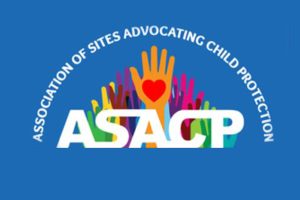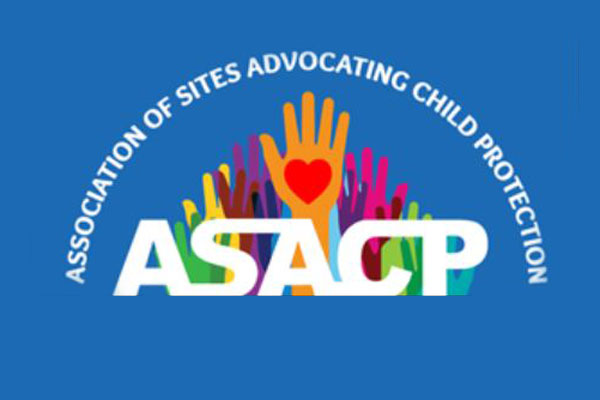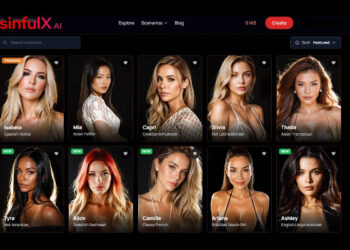 LOS ANGELES, Calif. – In a press release issued Monday, the Association of Sites Advocating Child Protection (ASACP) drew attention to a recent report the organization said “underscores the crucial role of parents in safeguarding their children online,” calling it a task that “should not be relegated to lawmakers or abandoned to publishers of adult-oriented content.”
LOS ANGELES, Calif. – In a press release issued Monday, the Association of Sites Advocating Child Protection (ASACP) drew attention to a recent report the organization said “underscores the crucial role of parents in safeguarding their children online,” calling it a task that “should not be relegated to lawmakers or abandoned to publishers of adult-oriented content.”
In the press release, ASACP noted that earlier this year, “the Family Online Safety Institute (FOSI) partnered with Ipsos to conduct a survey of 1,000 children aged 10 to 17, along with 1,000 parents of children in the same age range.”
“The result, ‘Connected and Protected: Insights from FOSI’s 2025 Online Safety Survey,’ provides valuable insights into the role of parents and publishers in protecting children online,” ASACP added.
ASACP Executive Director Tim Henning said FOSI’s research “reveals what many of us already know – effective online child protection begins at home, with effective parenting and supervision.”
“There are no prohibitionist legislative efforts or technical measures that can replace the involvement of caring parents and guardians when it comes to protecting children as they live their digital lives,” Henning said.
Among the survey’s key findings is that parental controls are “underutilized across each device tested.”
“Adoption of parental controls varies widely, from 51% on tablets to 35% on video game consoles,” FOSI noted in its report. The survey also found that “parents who report lower screen time for their children are more likely to have installed parental controls.”
On the plus side, the survey also found “89% of kids say they feel comfortable turning to their parents if something online makes them feel unsafe” and “parental awareness of kids’ AI use is increasing.”
On the other hand, the survey includes indicia of “parents’ underestimation of the scope of activities and time spent online by their kids,” as ASACP noted in their press release.
“Some parents may be engaging in some wishful thinking by overestimating the amount of time children spend on traditionally productive activities [such as] working on creative projects and reading books/articles,” FOSI speculated in the report.
FOSI also noted that lack of adoption of parental controls doesn’t necessarily mean a parent is totally uninvolved in their child’s browsing habits.
“While only half of parents utilize parental controls to restrict their children’s online activity, parents are engaged in other ways,” FOSI observed. “Many have more informal house rules governing online activity.”
In their press release, ASACP said “parents must take control.”
“For many parents, ‘parental control’ over their children’s device usage is often a matter of punishment or reward, more than a limitation of the content they might encounter online,” ASACP said. “However, this should not be the case, as easy-to-use tools make protecting children online accessible and free for every parent or guardian.”
One such tool, of course, is the “Restricted To Adults” (RTA) label, which has been utilized by ASACP member sites for many years now.
“ASACP developed the RTA label in response to U.S. Congressional demands that ‘something be done’ about kids’ easy access to adult content on the internet,” Henning said. “This valuable tool is easy for parents to use and free for app and site publishers to implement. RTA serves as the cornerstone of technical measures for online child protection, as it prioritizes both child safety and privacy protection.”
ASACP said the FOSI study “offers valuable insights into the evolving nature of online safety, highlighting the risks associated with the digital world while emphasizing that effective online safety measures empower children and their parents to navigate the internet with confidence and security.”
“The findings underscore the importance of open communication between parents and children, proactive education on online safety, and collaboration across industries and other stakeholders to improve the usability and interoperability of parental controls,” ASACP added.
Henning said that by “improving communication between parents and their children, and effectively using available parental controls, families can strive to create a safer and more informed digital environment.”
“By providing education and fostering empowerment, ASACP, FOSI, Thorn, and other groups are creating a safer online environment for children and their families,” Henning added, “and building a better tomorrow that we all can be proud of.”
To read the full FOSI report, “Connected and Protected: Insights from FOSI’s 2025 Online Safety Survey,” click here.










